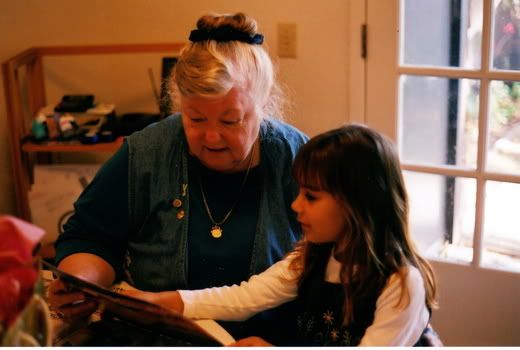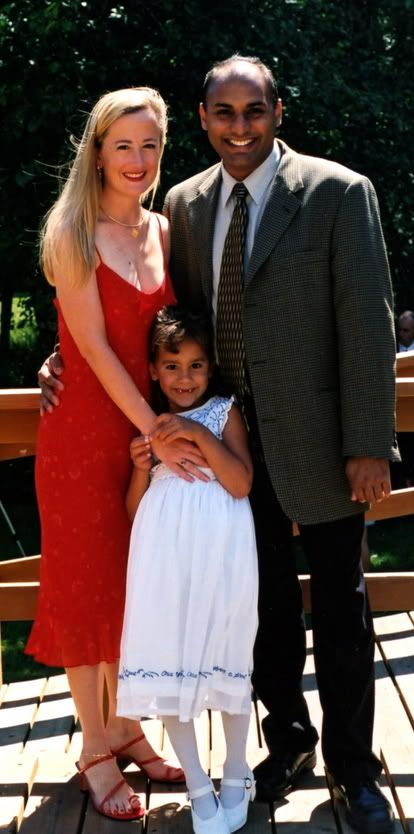It seems that children in red states, with an anti-tax, anti-government ideology, are more likely to suffer from poor prenatal care, early death, child abuse, and teen incarceration than children in "blue" states.*** Ten of the top 11 states on the list [the child vulnerability index] are blue states. No fewer than 24 of the 25 bottom states are red states.*** a child in the overall bottom 10 states is:The well-being of the nation's children matters. The investment blue states make in their children not only pays off ultimately in lower medical bills and less need to provide social services, but also creates a higher percentage of productive, well-educated members of society.
- Twice as likely to die by the age of 14.
- Seven time more likely to die from abuse or neglect.
- Twice as likely to be living in poverty.
- More than twice as likely to be incarcerated as juveniles.
The nations red states should be red-faced about their disgraceful health care response. Their selfish practice of being unwilling to part with tax dollars to help guarantee their children's future is in direct opposition to the American values they so often claim to cherish.
Is there anything else we need to understand? Perhaps it is time that we stopped thinking of taxes as theft and something that we all need relief from and start looking at them as an investment in the quality of life. They support our children in ways that individual families usually cannot. They support our elders in ways that we can't, and don't usually want. They build the roads and keep the libraries open and the firetrucks rolling and the schools open and the water purified and running and the sewage treated. They eradicate mosquitoes around standing water and prevent any one person from fishing out the lake. They keep hospital doors open all day, every day, so that we may have care. They run the suicide hot lines and the poison centers. They patrol the highways and send a cop to protect you from that odd looking man who is trying to break down your door.
And, if they do all of this for me, a private citizen who just uses a few of the many resources provided by taxes, what do they do for major corporations, who need airports and roads and waterways open to ship their goods, weather forecasts to help plan the next distribution schedule or growing season, courts to enforce their contracts, and an educated employment pool to work in their offices? Taxes are part of the cost of living, and it seems to me that the people who use governmental services most are not single moms who might be on welfare for a time or need medicaid for their kids, but the big corporations who couldn't get goods to market without the transportation routes provided by tax money and would have no recourse when a supplier didn't give them what they need without the courts to enforce contracts.
And, as we can see by the article in the San Jose Mercury News, those states that don't recognize this are not only falling behind, they are allowing their children to be left in the dust -- assuming their children live beyond the age of 14.
In A Nutshell follows.


















5 comments:
Very good point: I'd never really thought before about who relies on taxpayer's money most.
You've nailed it here. I don't know why some people don't understand that it's *in their best interest* to have a healthy, educated populace.
This was an interesting post, and you gave us a lot of food for thought J. I'm quite sure that's not how most people look at paying taxes....maybe it should be.
I still would like some demographics on these states like average income, average education, etc.
Great column and I absolutely agree. Not that taxes can't be wasted but that's what to deal with, not deny their importance.
Post a Comment